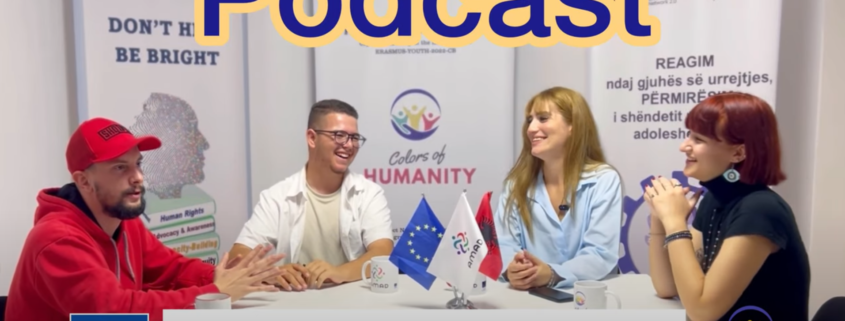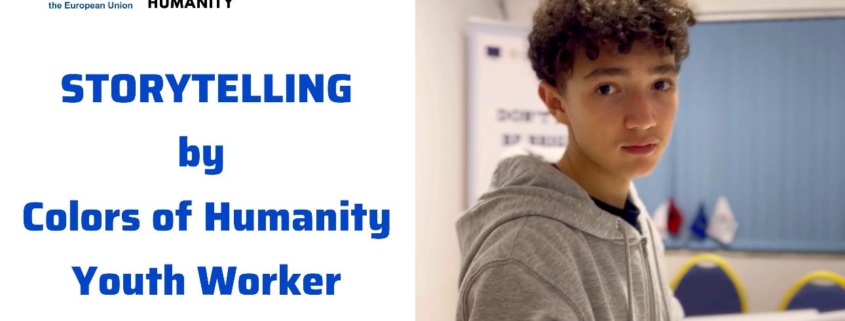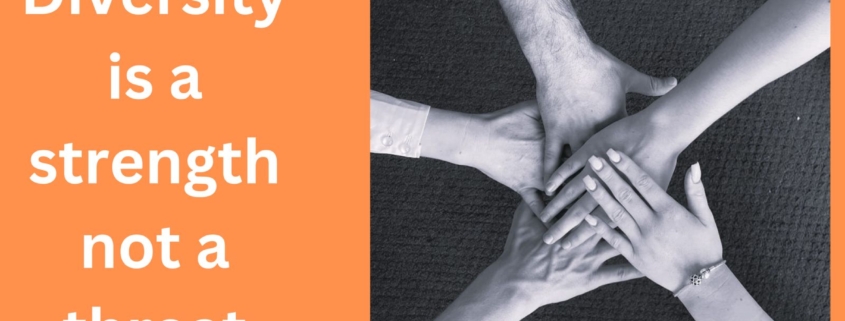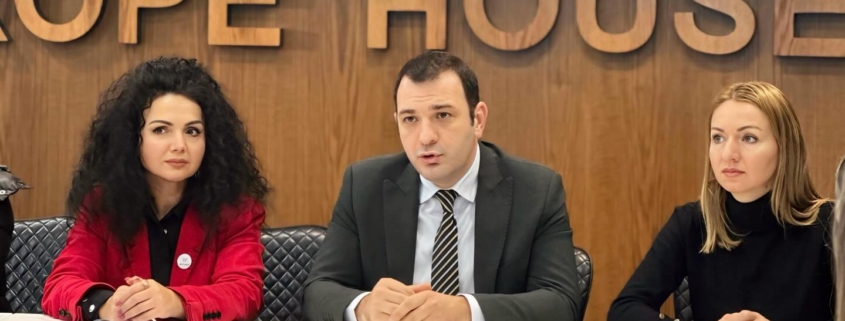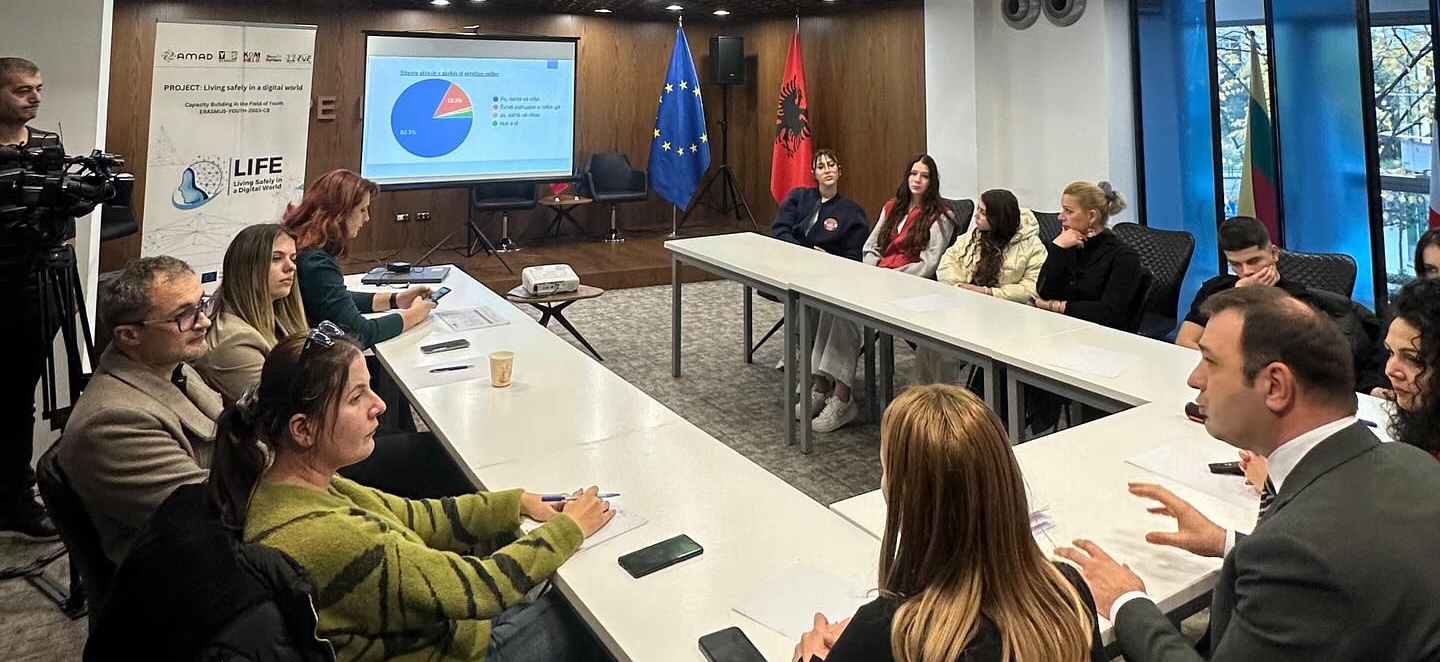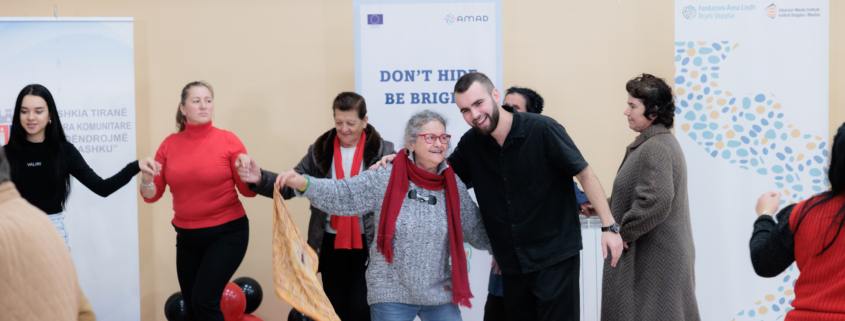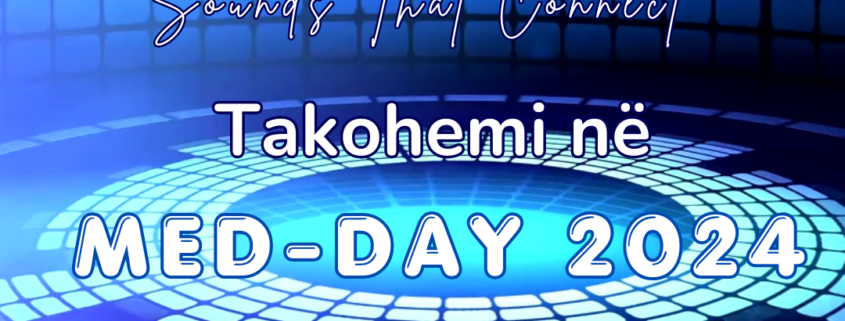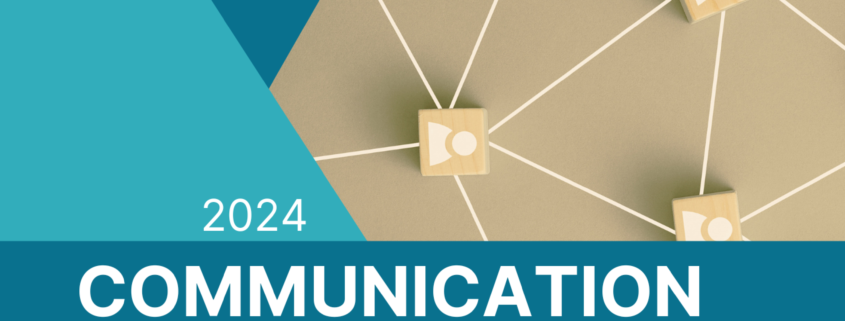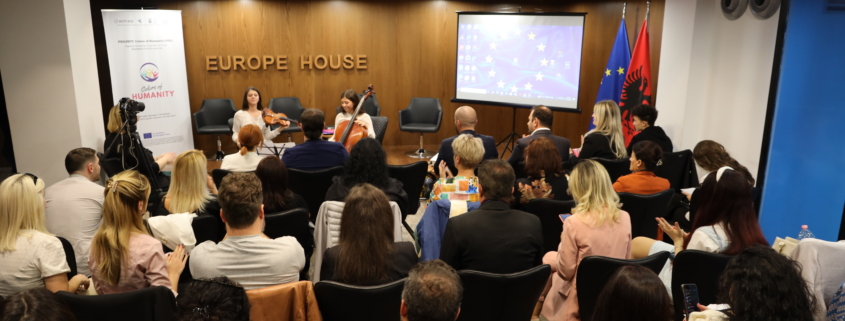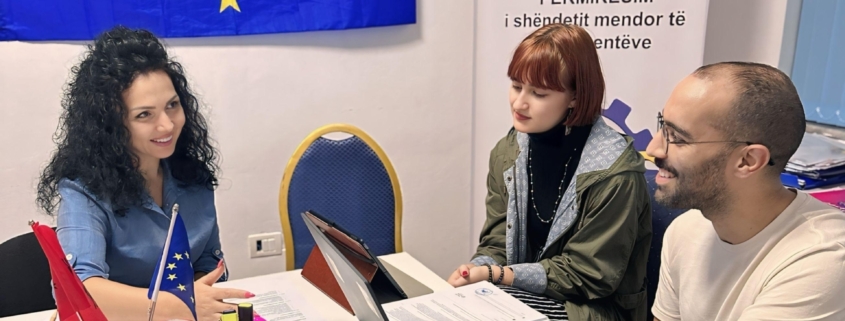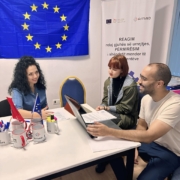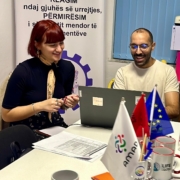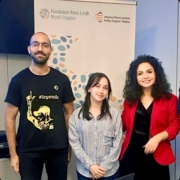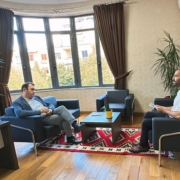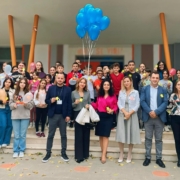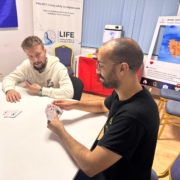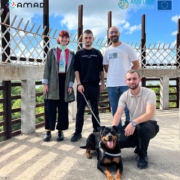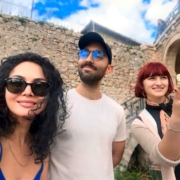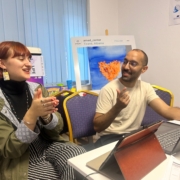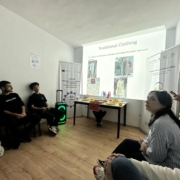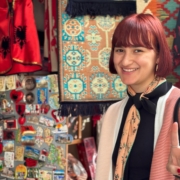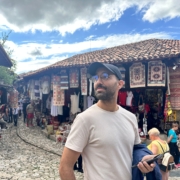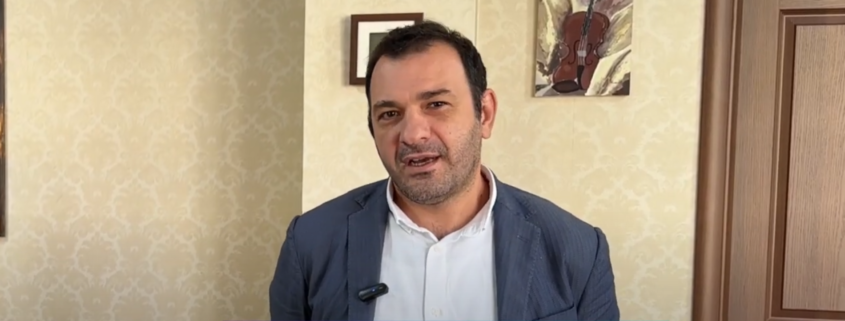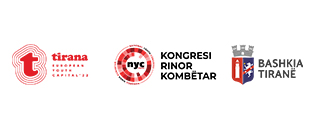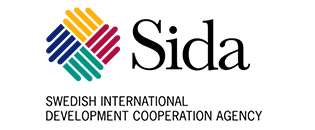AMAD Sparks Change Through Five Inspiring Podcasts: Colors of Humanity Project
In a world increasingly shaped by digital conversations and shifting societal norms, AMAD has taken a bold step to advocate for inclusion, human rights, and empowerment through the power of storytelling. As part of the Colors of Humanity project, the organization has produced five compelling podcasts, each addressing vital social issues and giving a platform to voices that demand to be heard.
With a diverse lineup of guests ranging from psychologists and activists to youth leaders and changemakers, these podcasts blend expert insights with raw personal stories. They invite listeners to reflect, engage, and take action.
1. Exploring Hate Speech and Freedom of Expression
The first episode sets the stage for thought-provoking discussions, featuring clinical psychologist and human rights expert Marinela Gjeloshi. Together, they dissect the risks of fleeting social trends and explore whether the boundaries of freedom of speech are being misused to shape harmful behaviors.
Gjeloshi’s advice resonates deeply: youth should critically evaluate societal trends, parents must foster open communication, and professionals need to step up as proactive guardians against the negative impacts of these phenomena. This conversation doesn’t just highlight problems—it calls for collective action, urging every stakeholder to embrace their responsibility in shaping a more mindful society.
2. A Mother’s Journey: Breaking Stigma on Disabilities and Embracing Creativity
The second podcast introduces Egla Bajrami, a trailblazing advocate for children with disabilities and the founder of Autizmi Flet (Autism Speaks). As a mother of a child with autism, Bajrami’s story is one of resilience and determination.
She passionately discusses the importance of breaking stigma, turning challenges into opportunities, and embracing creative empowerment. Her work is exemplified by the anthem “Më prano!” (Accept Me as I Am), a moving piece created by children with disabilities as a call for inclusivity.
Through her words, Bajrami inspires not only families navigating similar journeys but also society at large to embrace diversity and dismantle discrimination.
3. Overcoming Barriers: Youth Employment and Dreams
Employment challenges faced by young people take center stage in the fourth episode, featuring activists Darvi Ndreu and Nekie Qejvani. They candidly discuss systemic barriers, equity issues, and the importance of support systems in career development.
Through their stories, listeners are reminded of the resilience and aspirations of youth striving to overcome obstacles. It’s a rallying cry for fair opportunities and a reminder that persistence, coupled with advocacy, can lead to meaningful change.
4. Empowering Young Leaders and Building Traditions
The fifth podcast is a testament to the power of youth-driven initiatives. Produced in collaboration with the Student Council of the Economic Faculty at the University of Tirana, it highlights the Become a Santa project.
What began as a small effort to support vulnerable community members has evolved into a cherished tradition. Guests Elena Rista, Darvi Ndreu, and Kristina Peçaj discuss the initiative’s impact and the broader themes of youth leadership, solidarity, and community engagement.
This episode captures the essence of youth as current leaders, not just future ones. Their actions inspire others to follow suit, proving that even small initiatives can have a lasting ripple effect.
5. Youth Perspectives: Tackling Discrimination and Stereotypes
In the third episode, AMAD shifts the spotlight to youth voices, with journalist Freard Rista and a panel of young activists diving deep into discrimination and hate speech. Drawing from AMAD’s study on discriminatory online discourse, they discuss the pervasive nature of these issues and share actionable strategies to foster inclusivity.
What makes this episode particularly powerful is its authenticity. It’s youth talking to youth, offering real solutions and encouraging their peers to take the lead in driving societal change.
A Call to Action
Through these five podcasts, AMAD is more than just raising awareness—it’s igniting a movement. Each episode challenges listeners to reflect on their roles in shaping a more inclusive and just society.
The Colors of Humanity project stands as a beacon of hope, showing that change is possible when voices unite for a common cause. These stories are now available for streaming, inviting everyone to join the conversation and be part of the solution.
Let the colors of humanity shine brighter, together.

